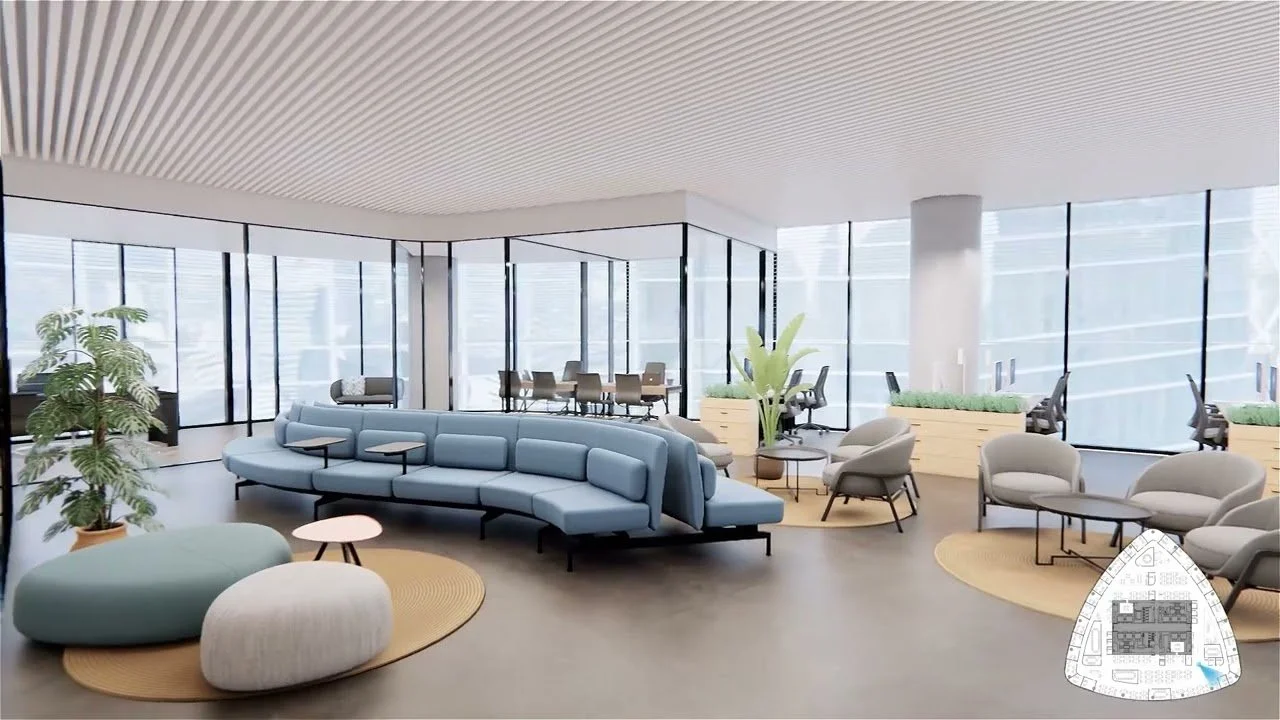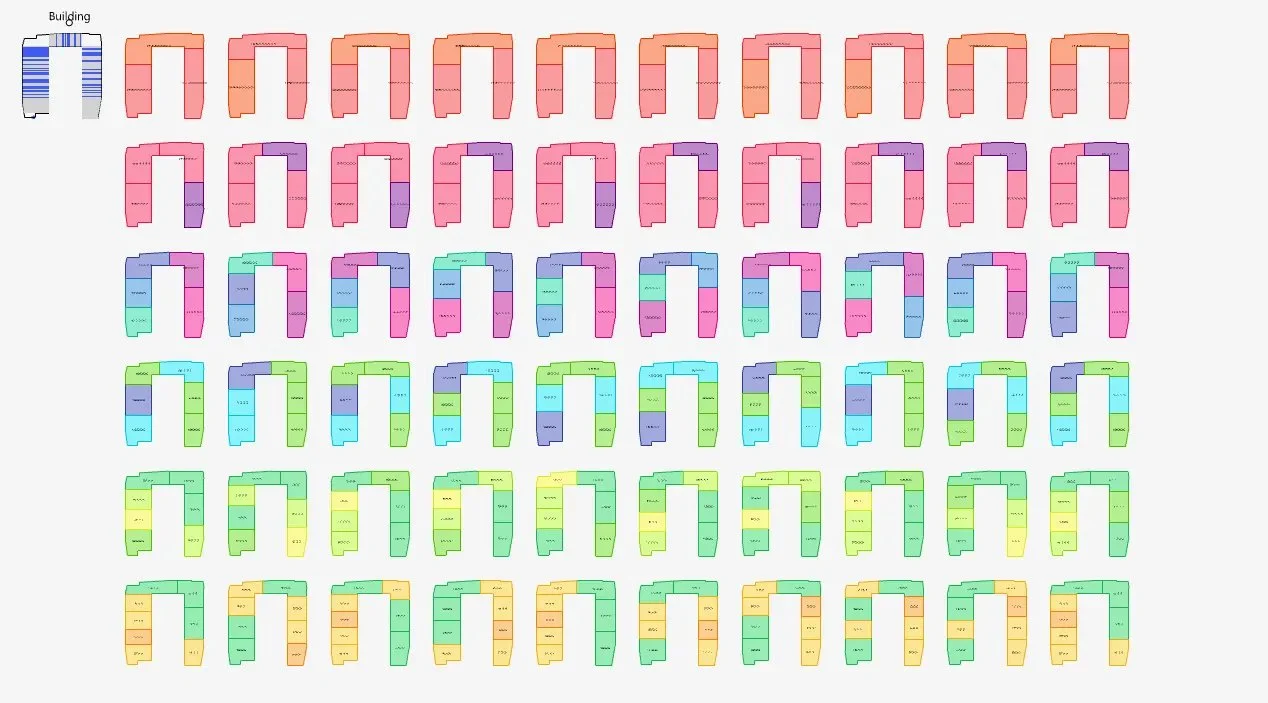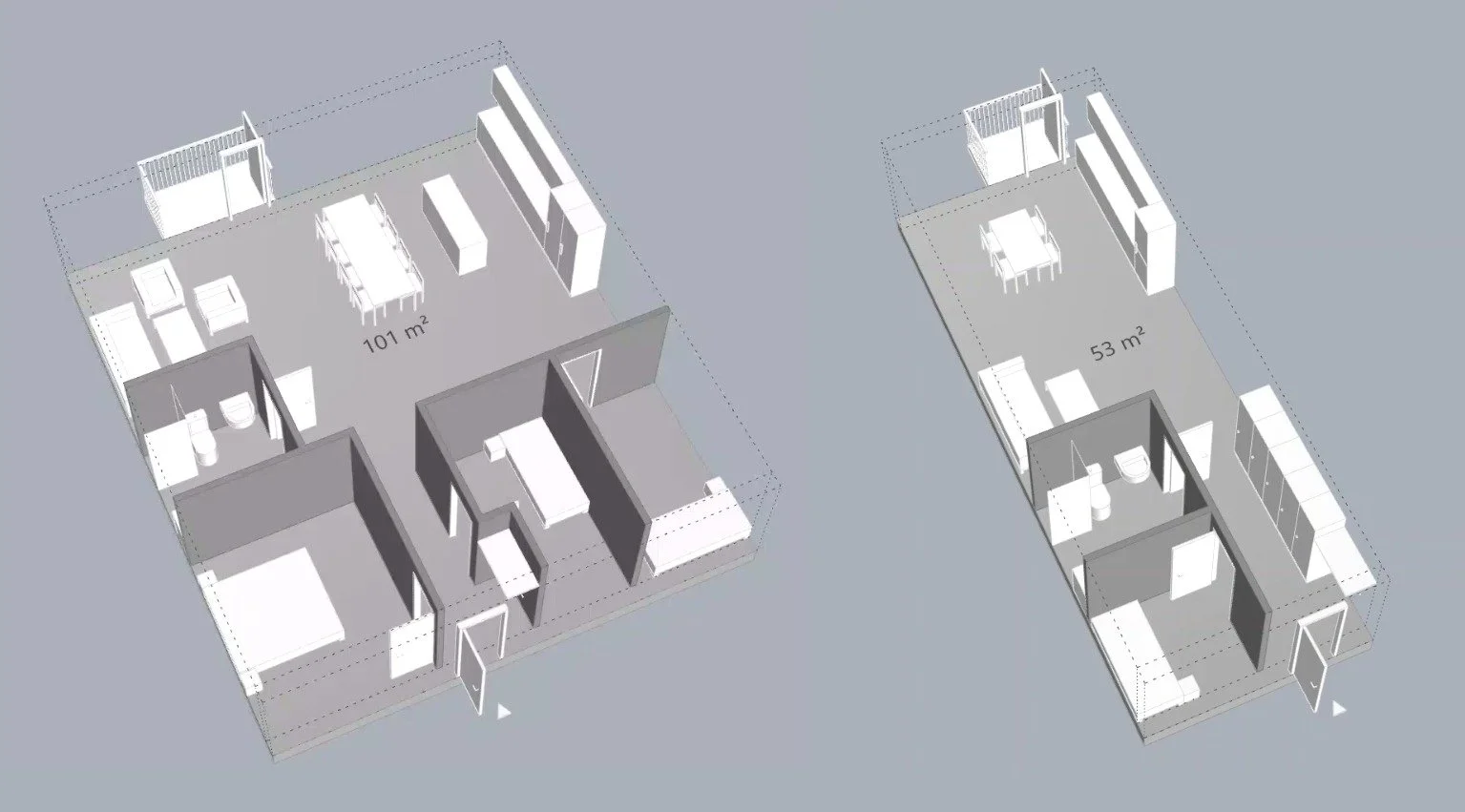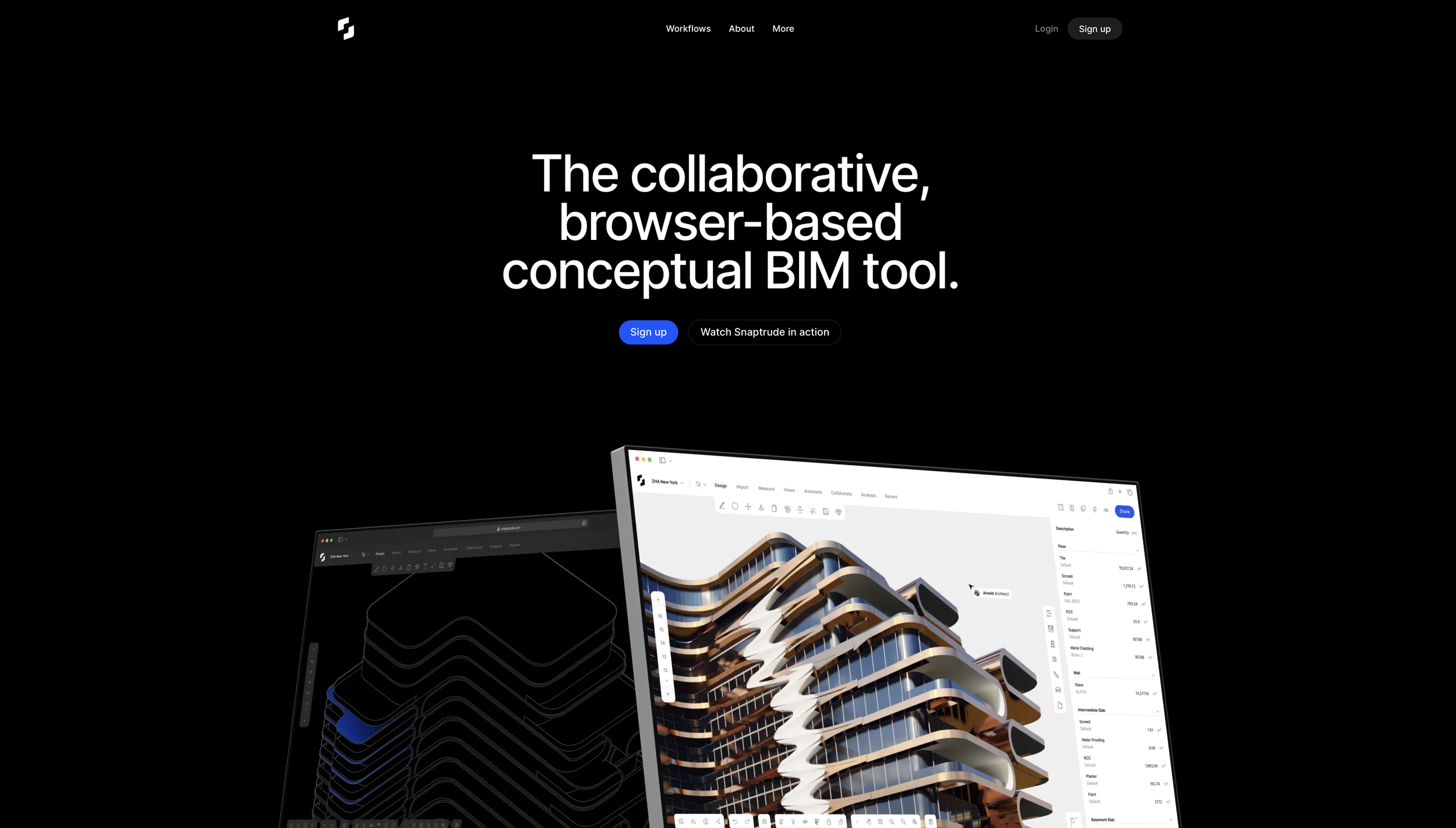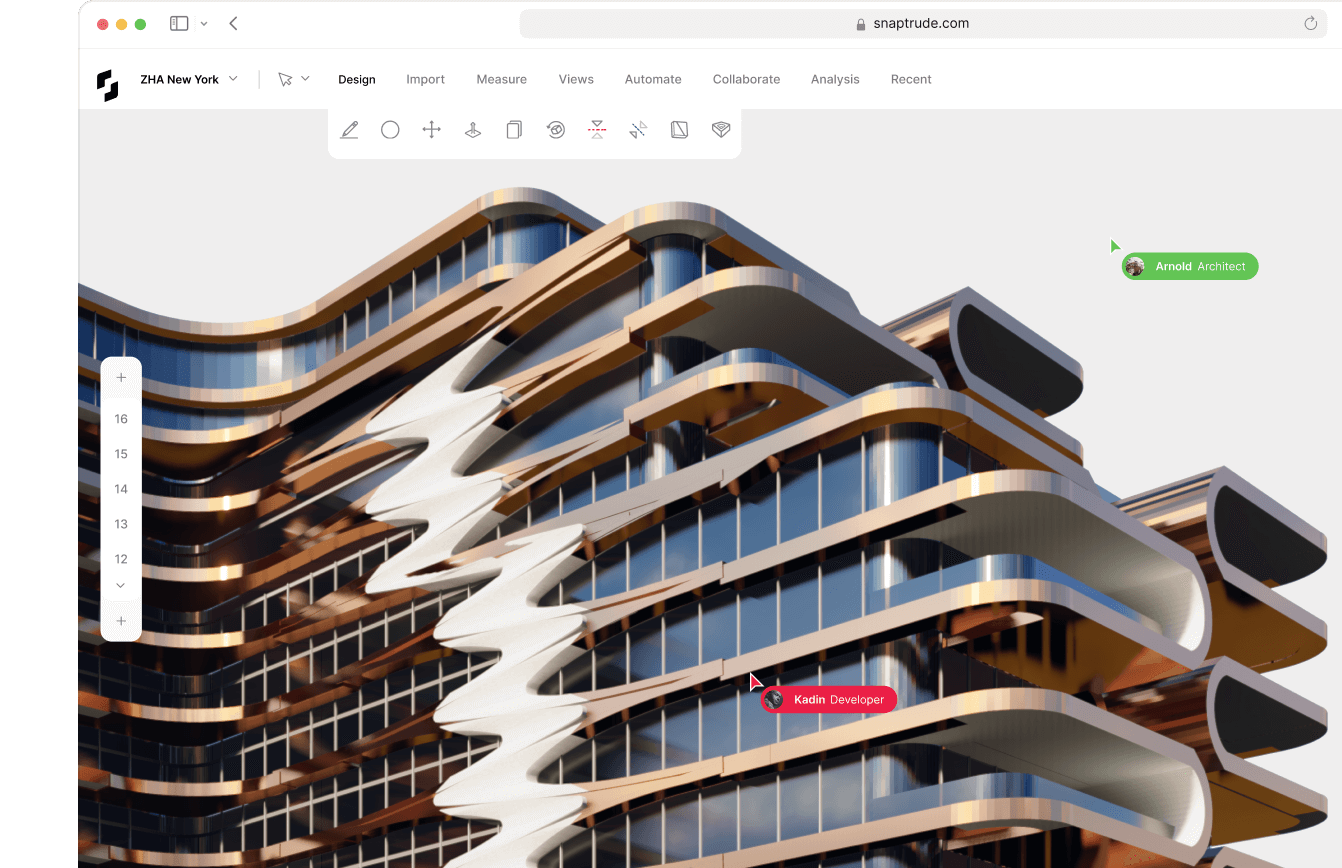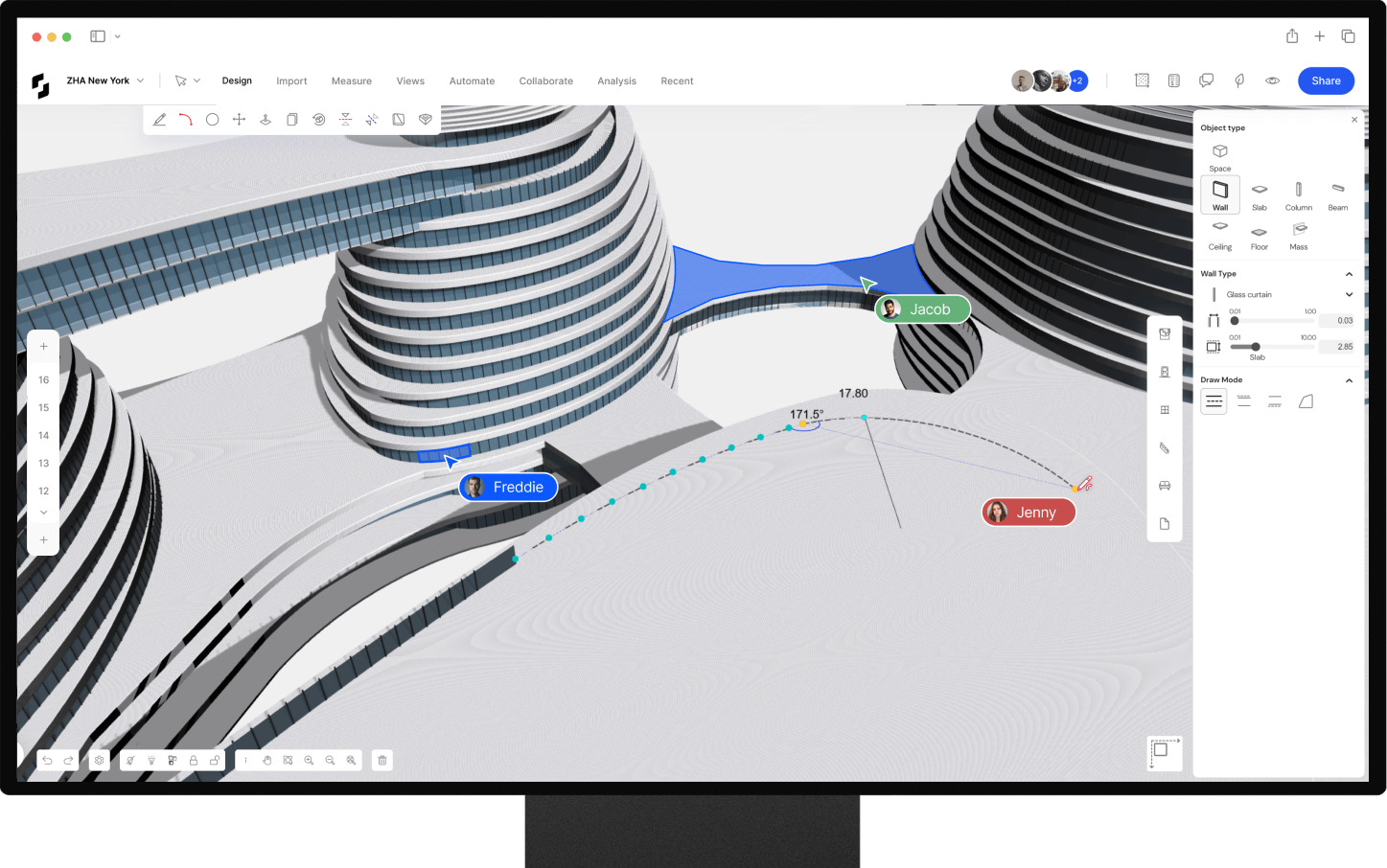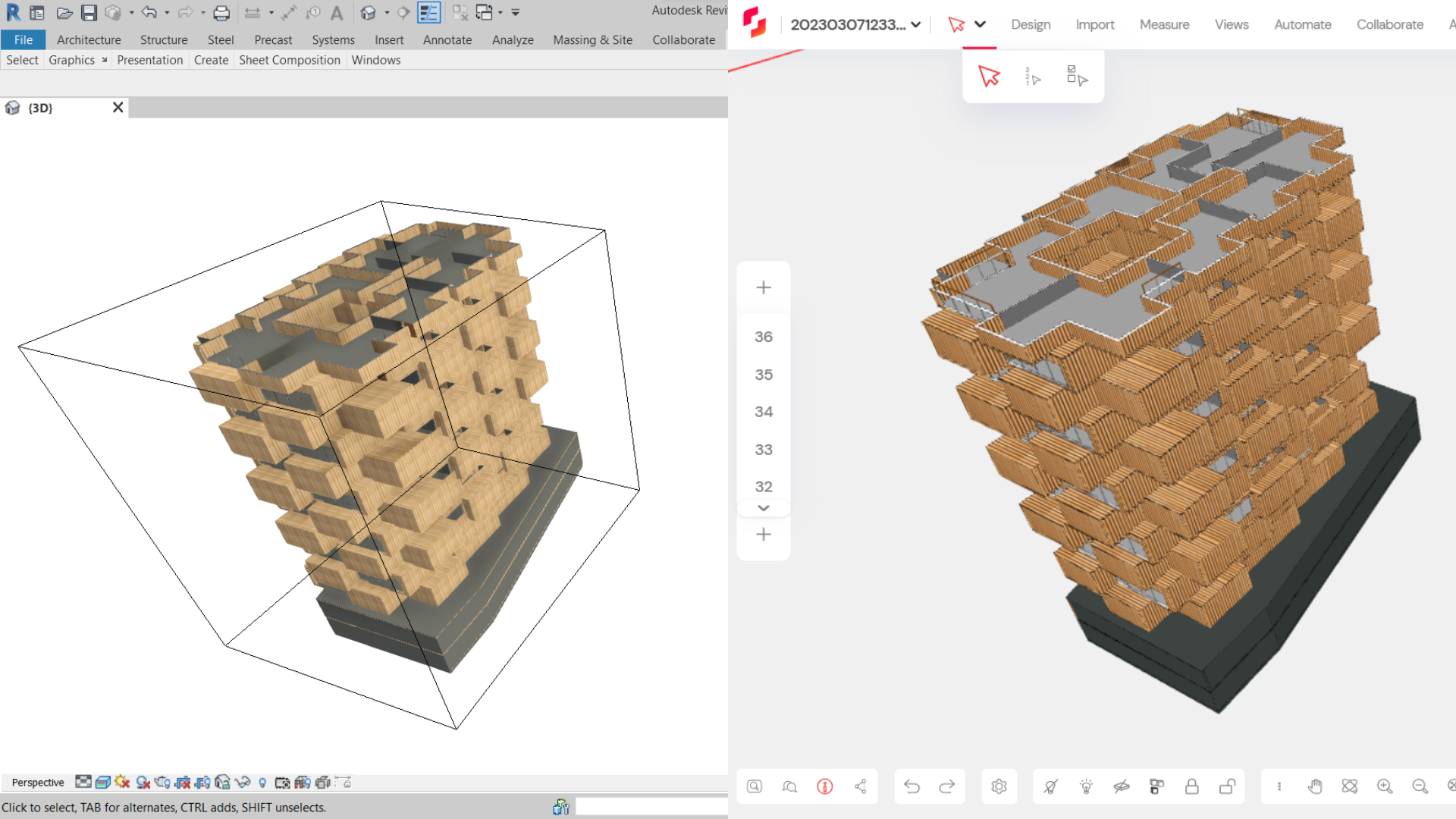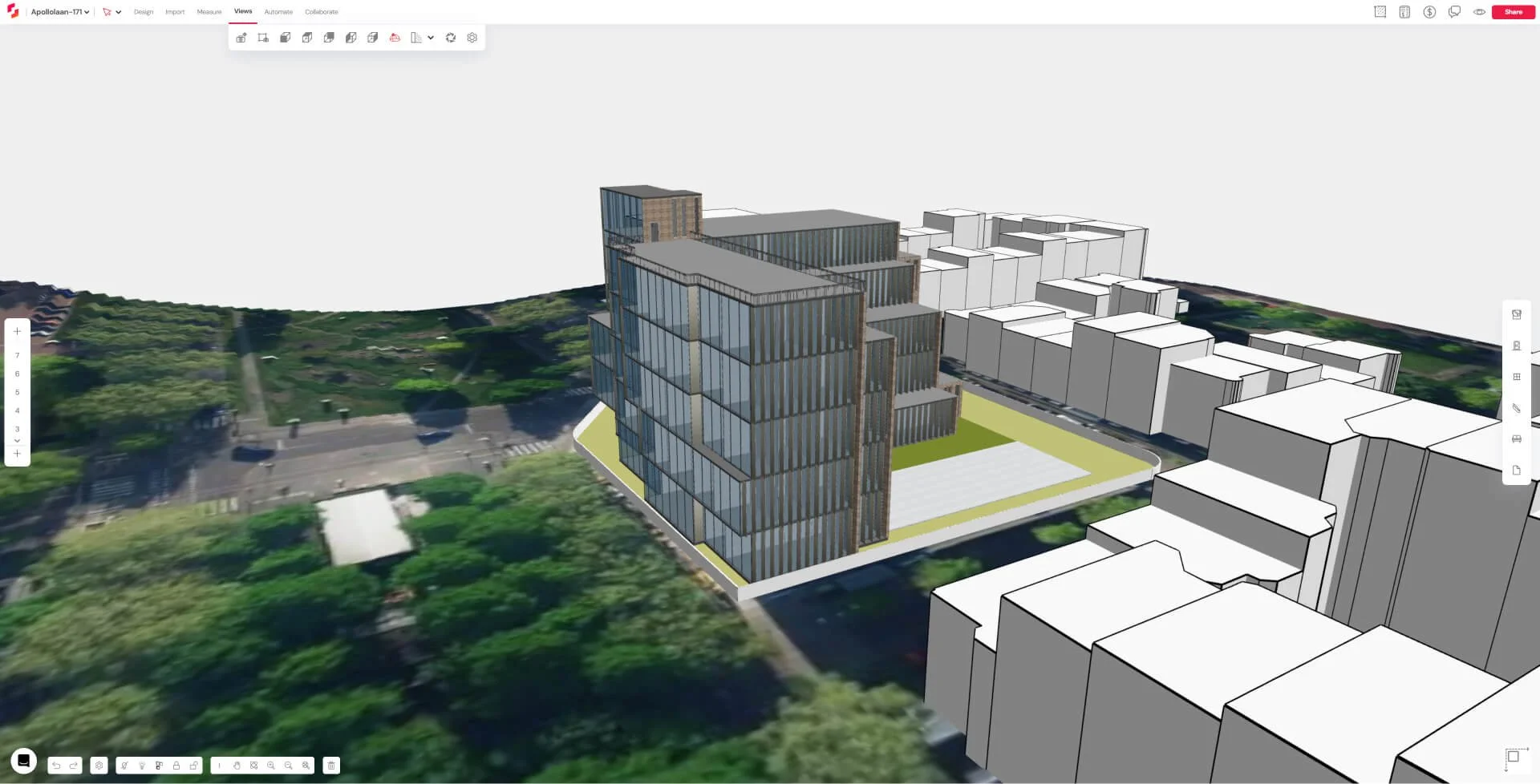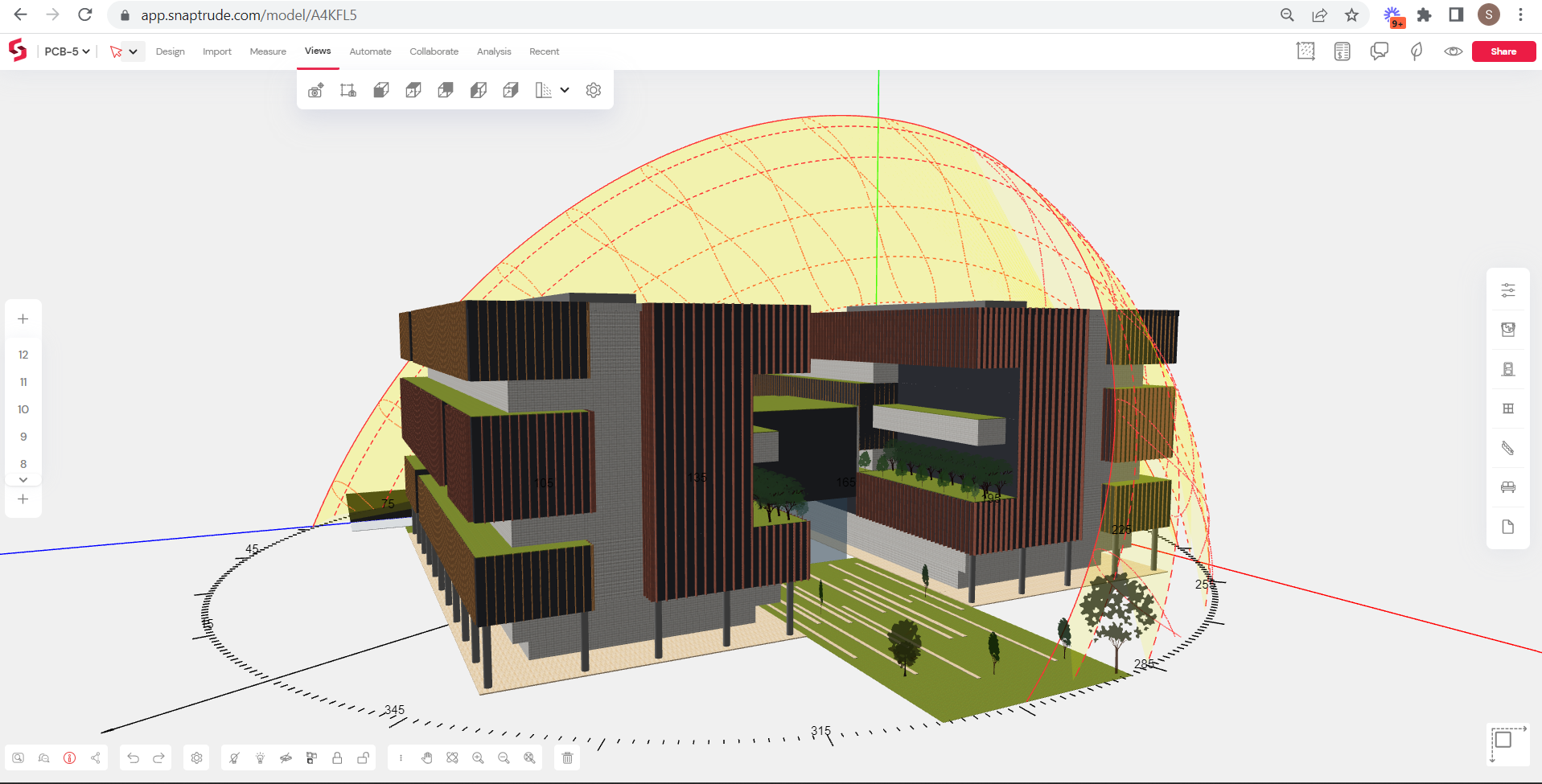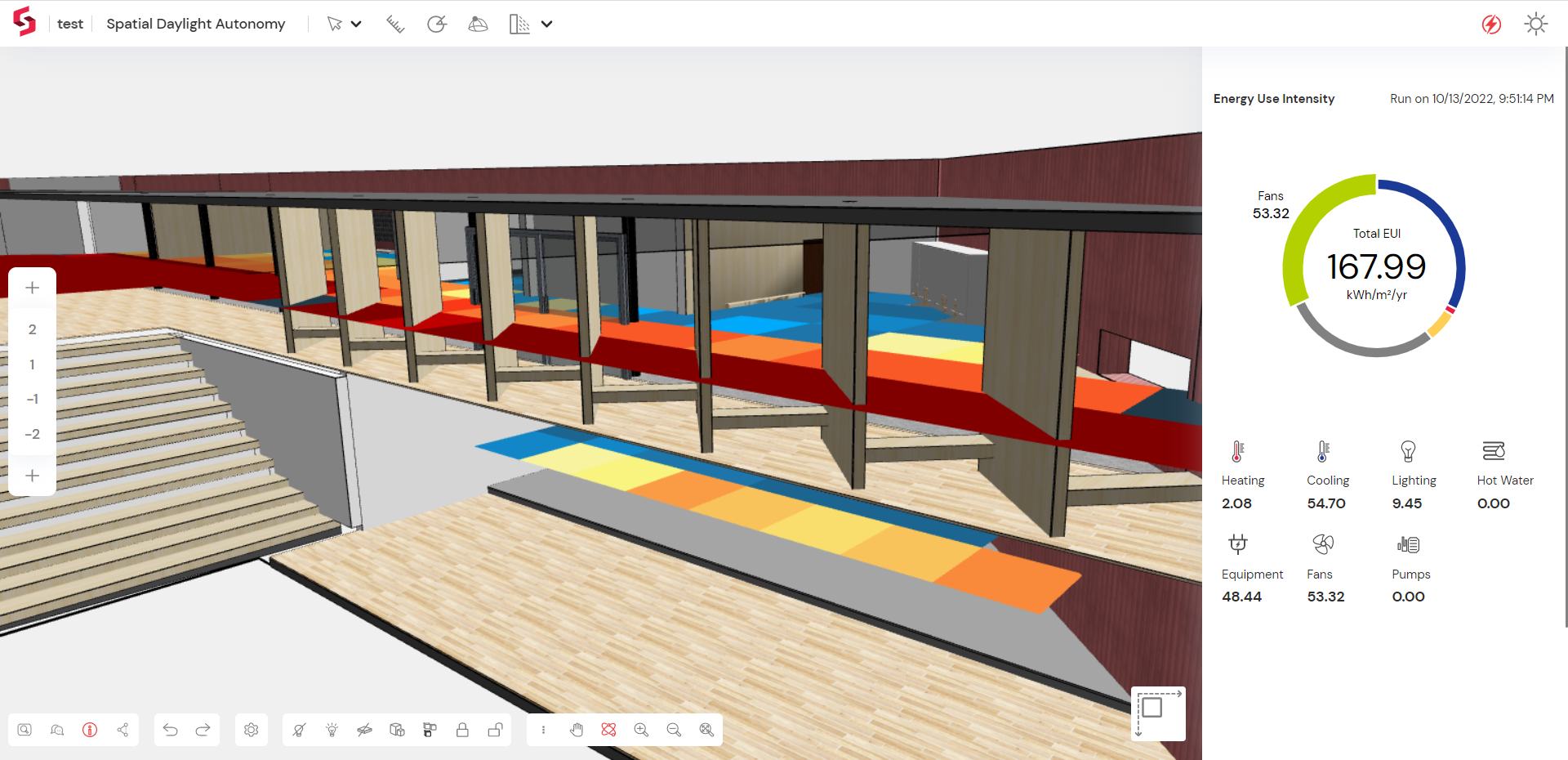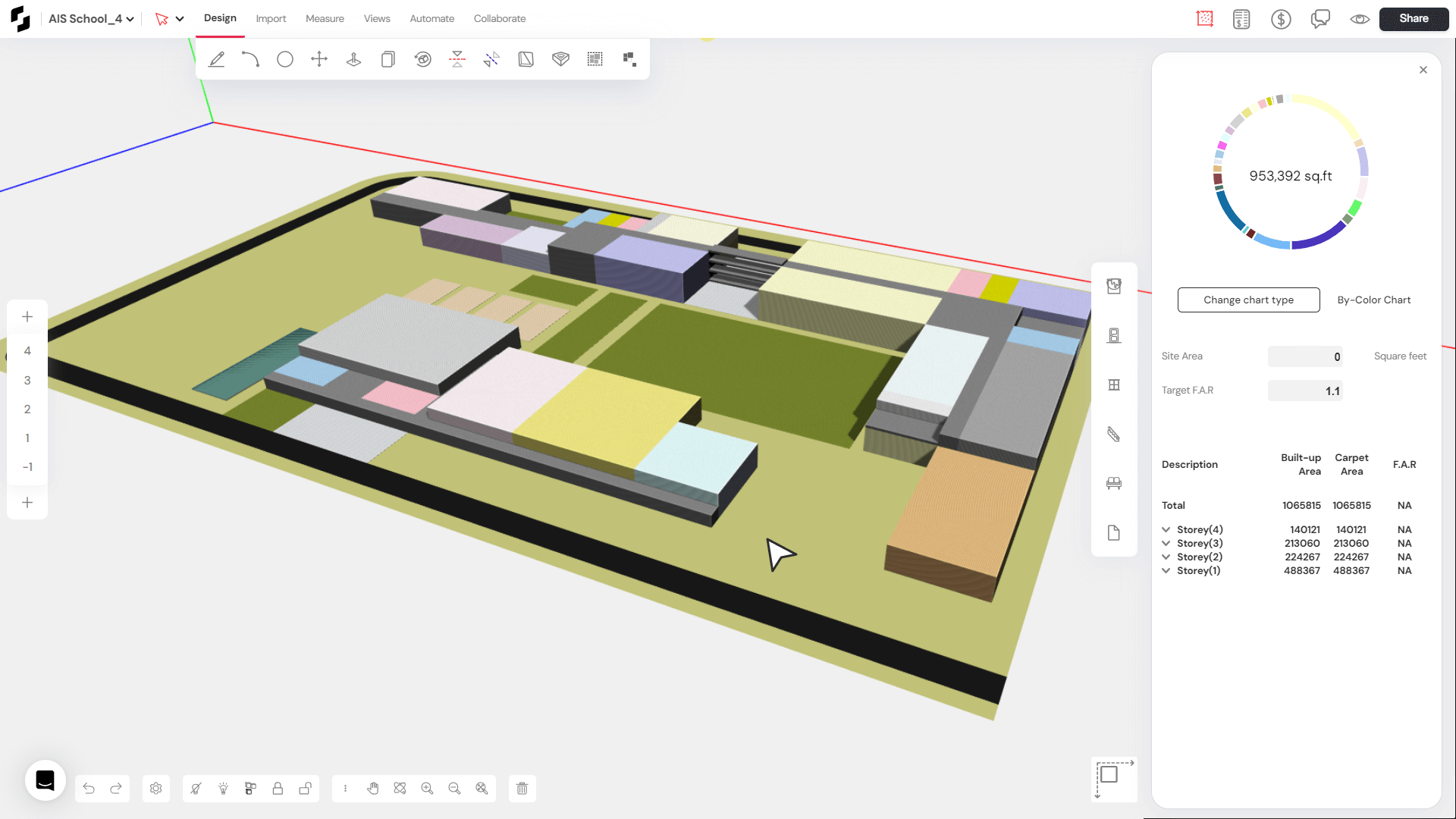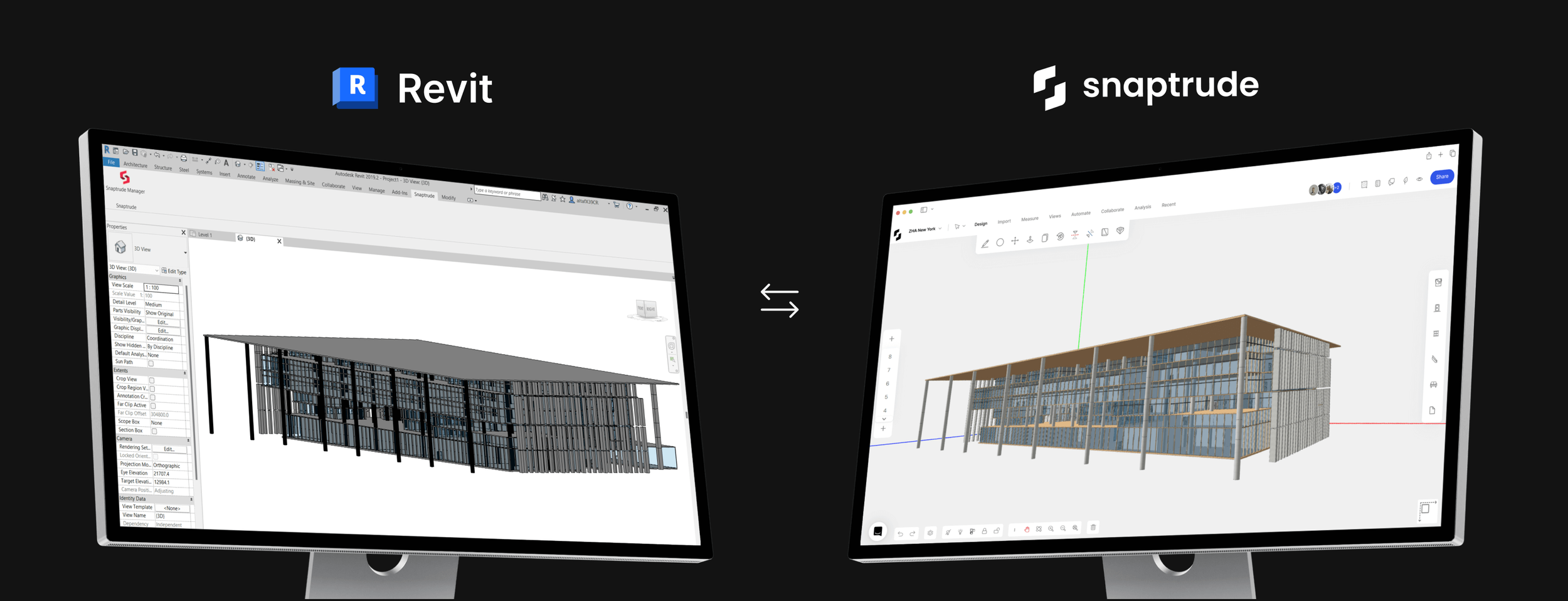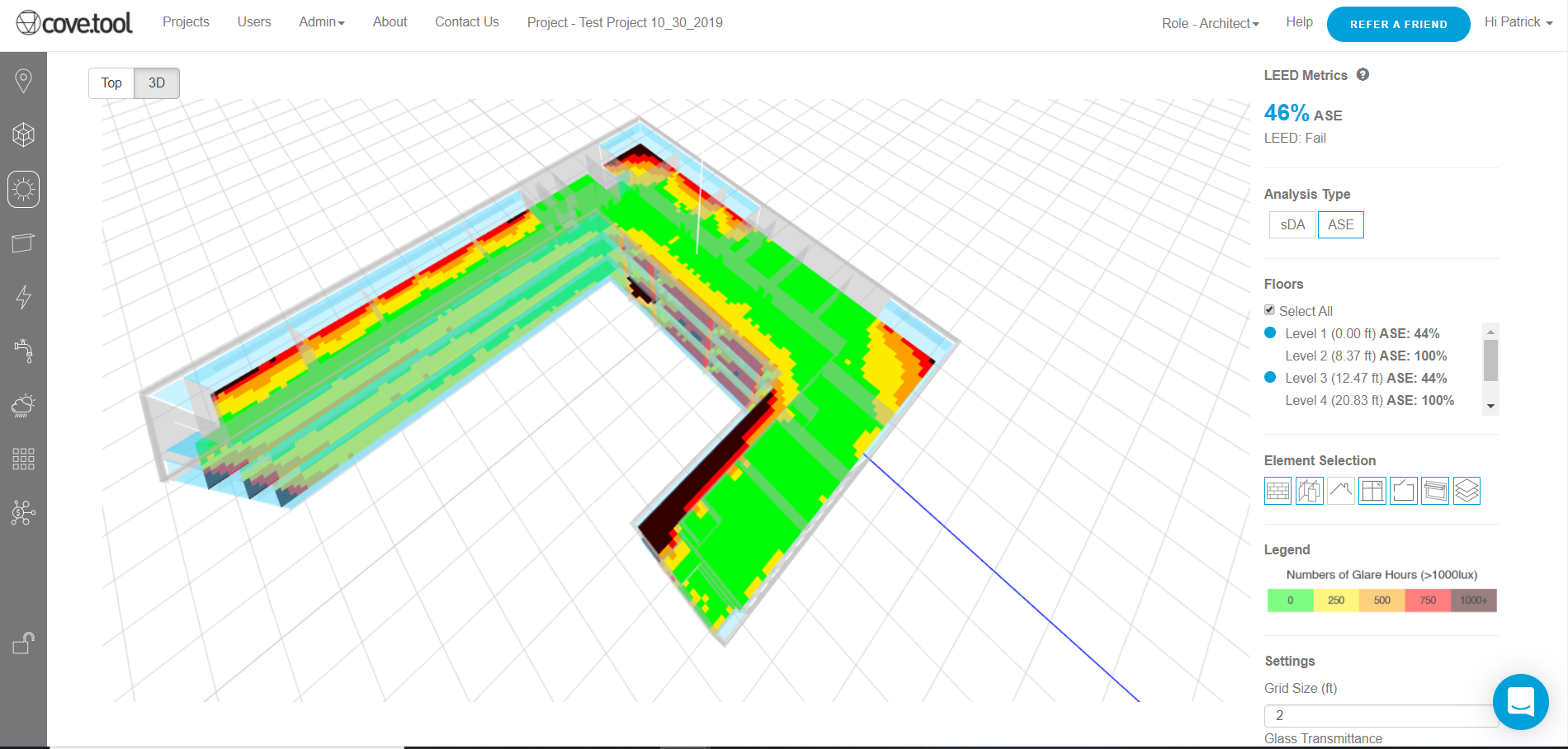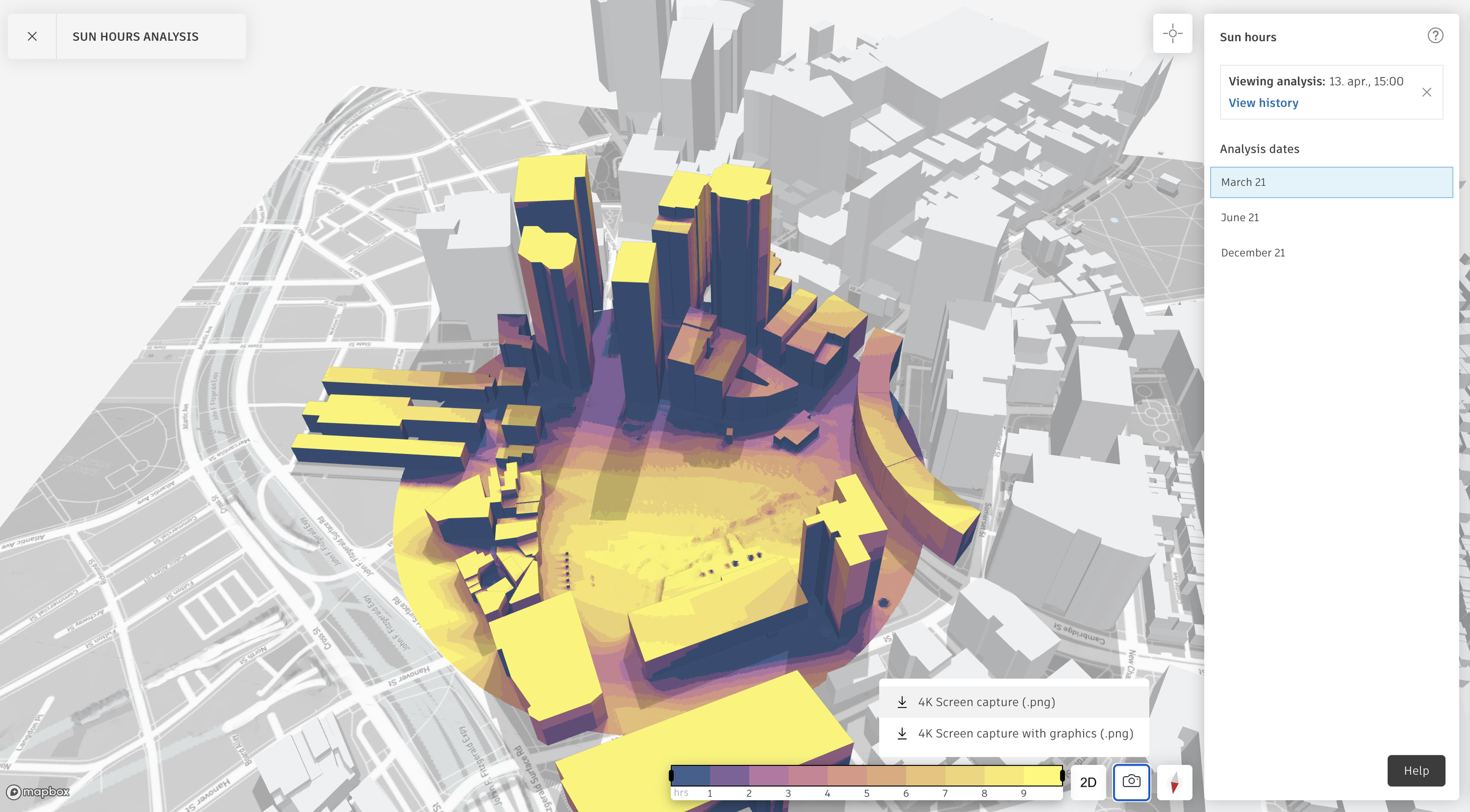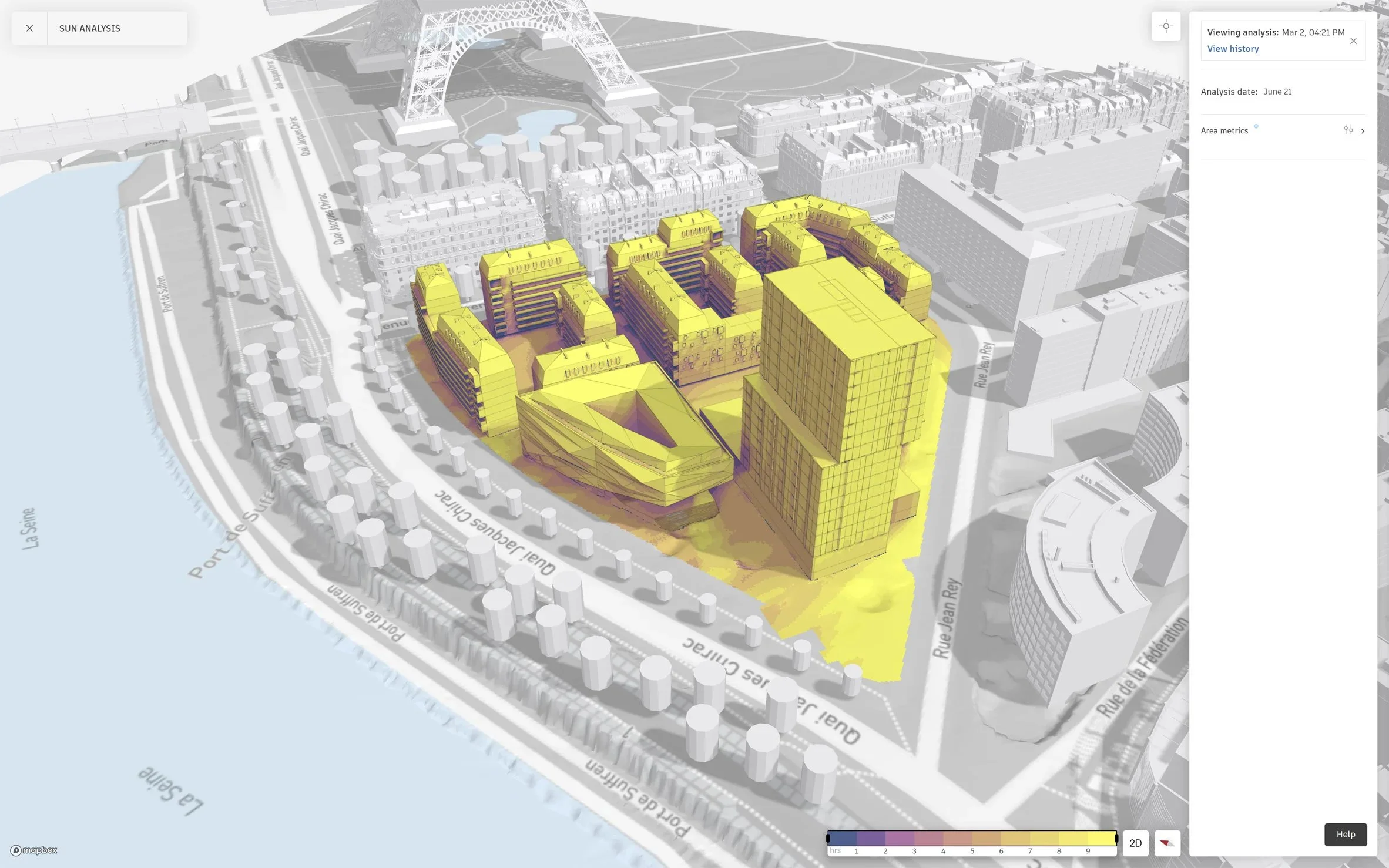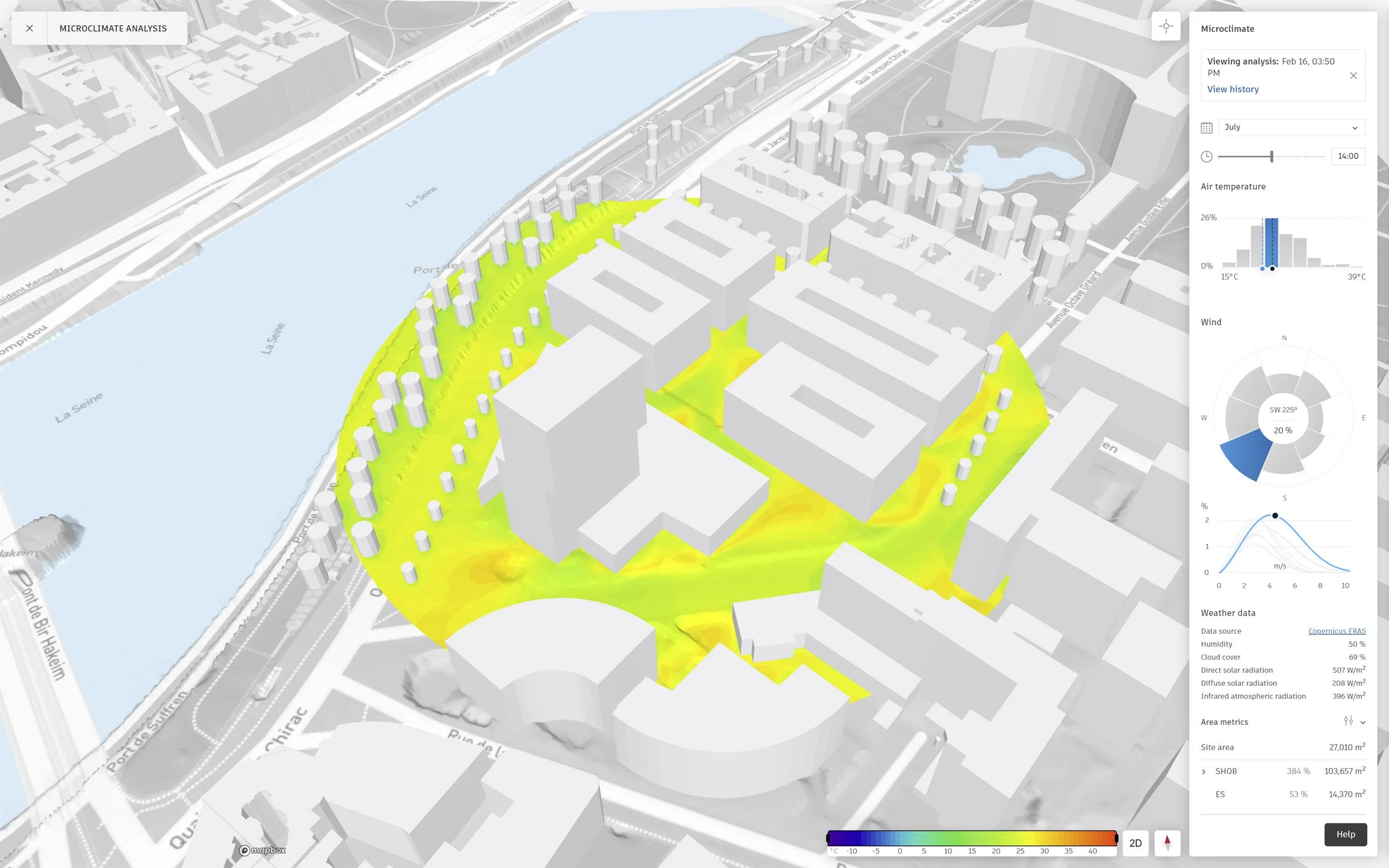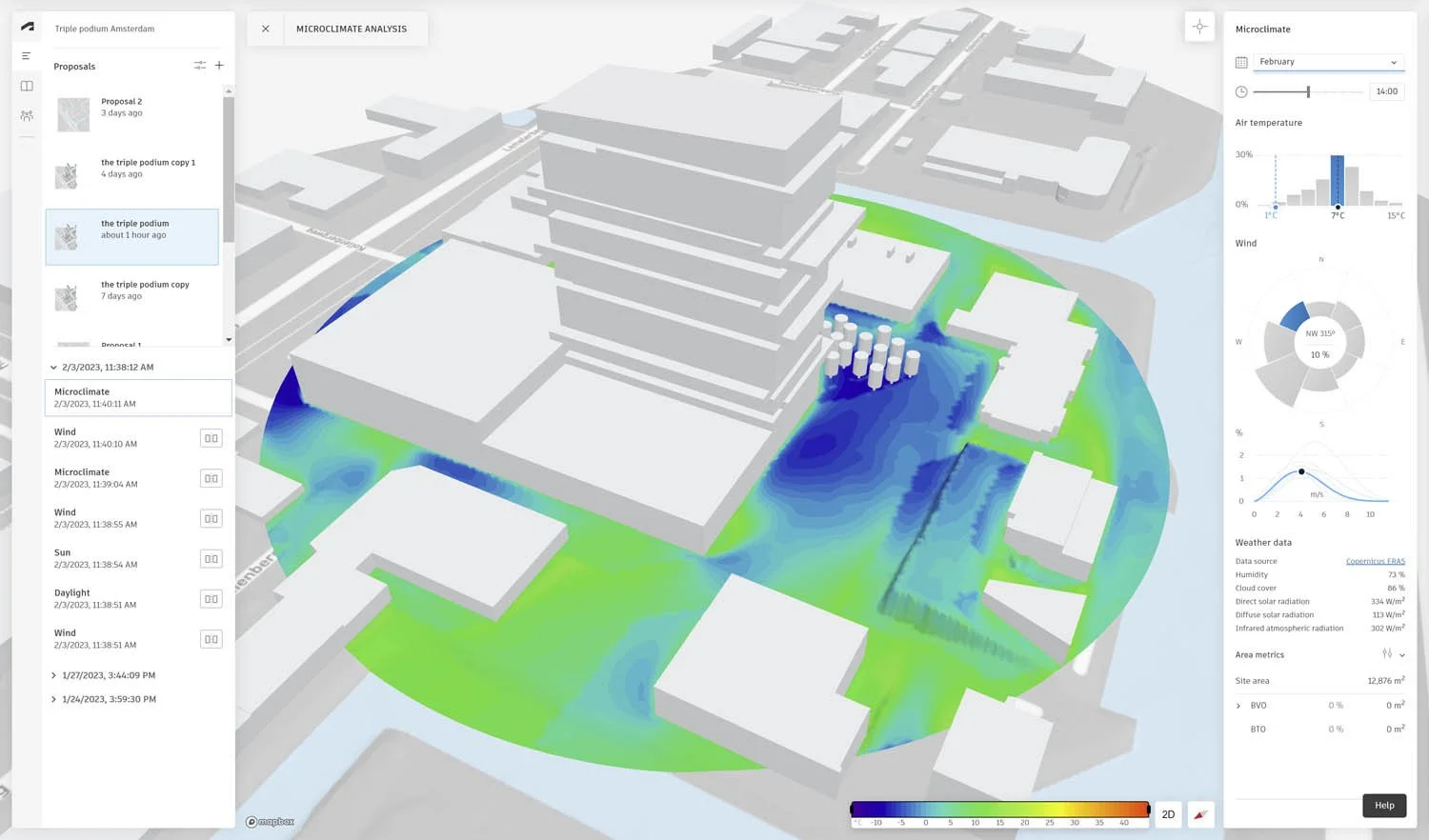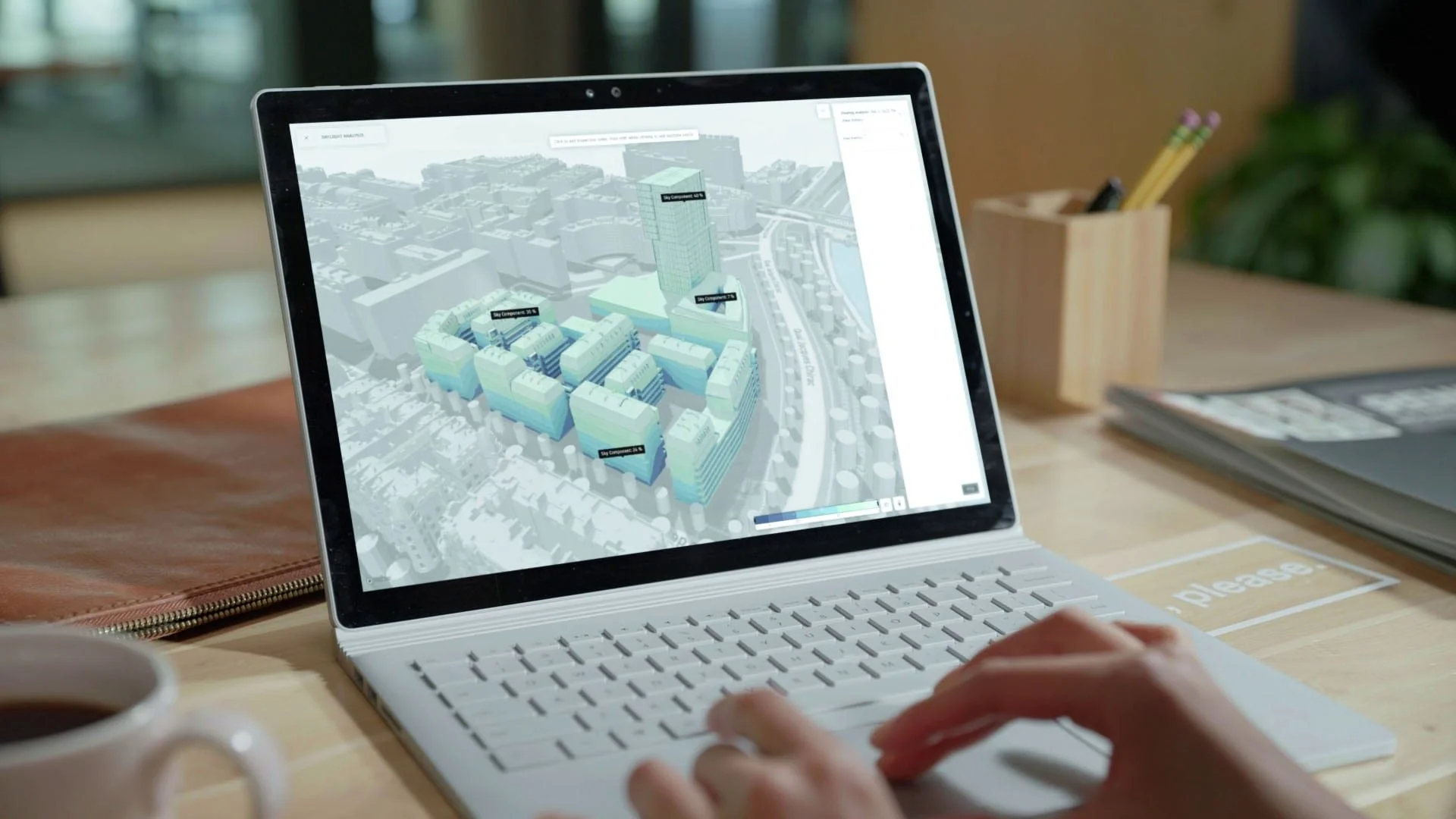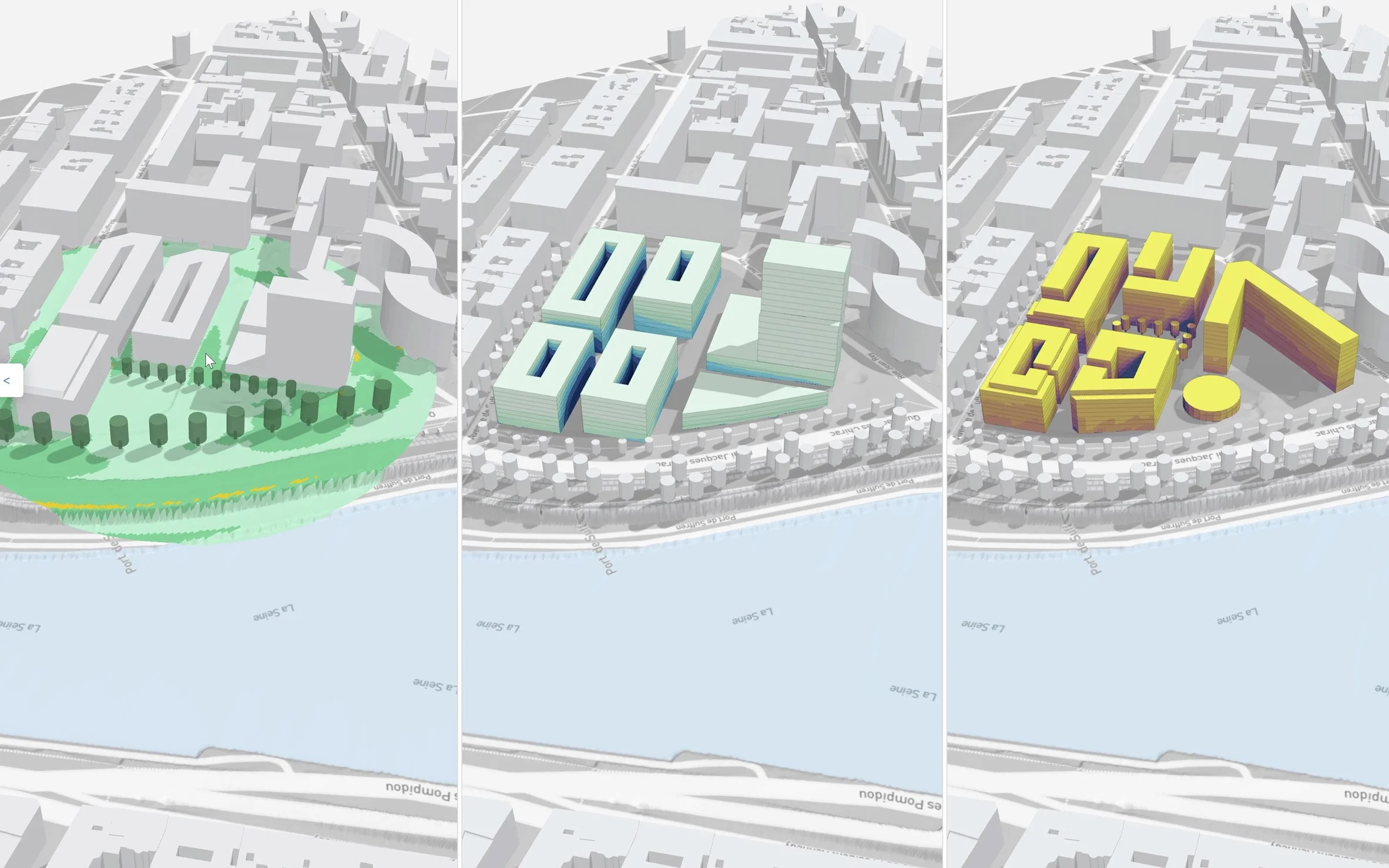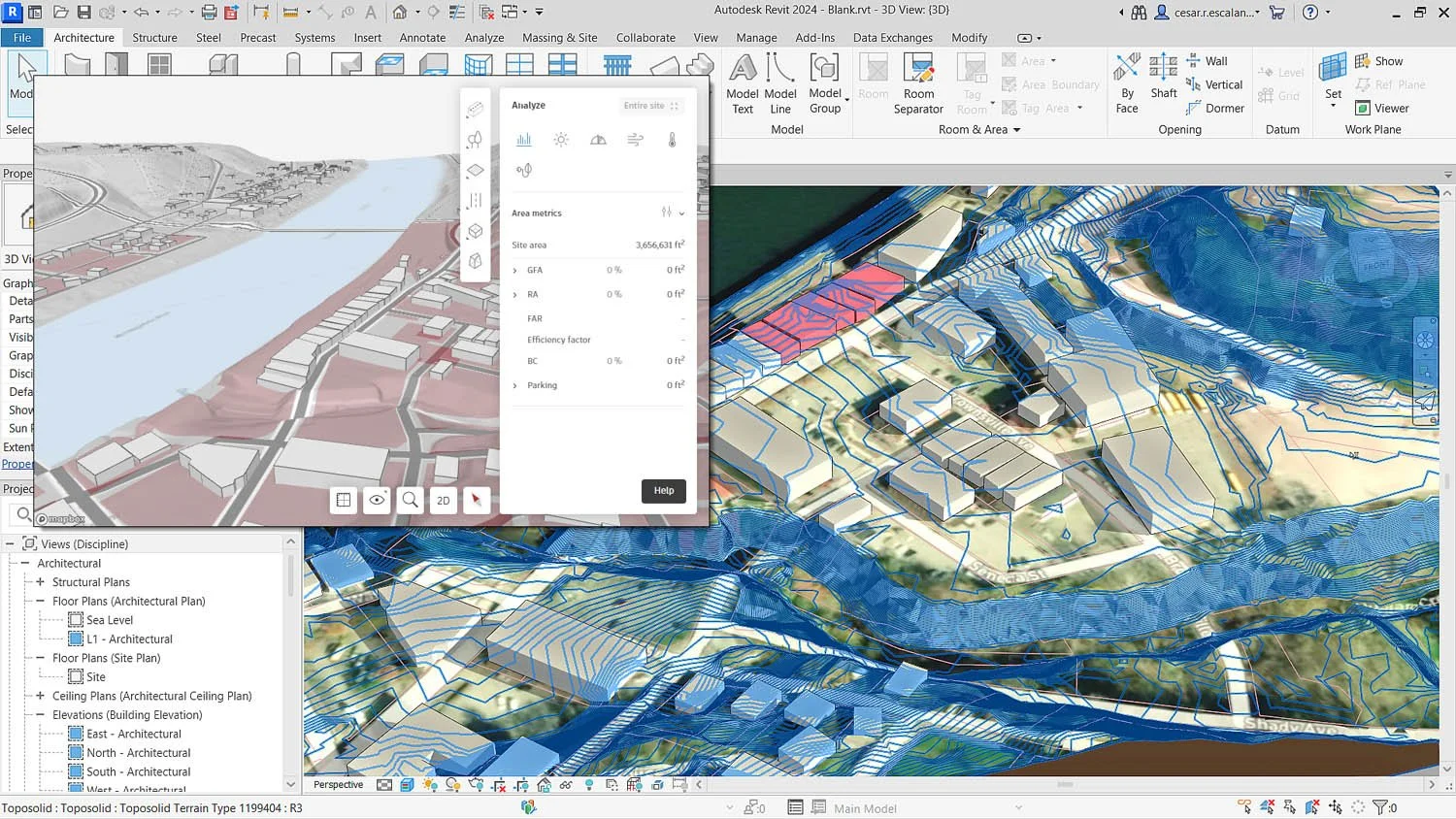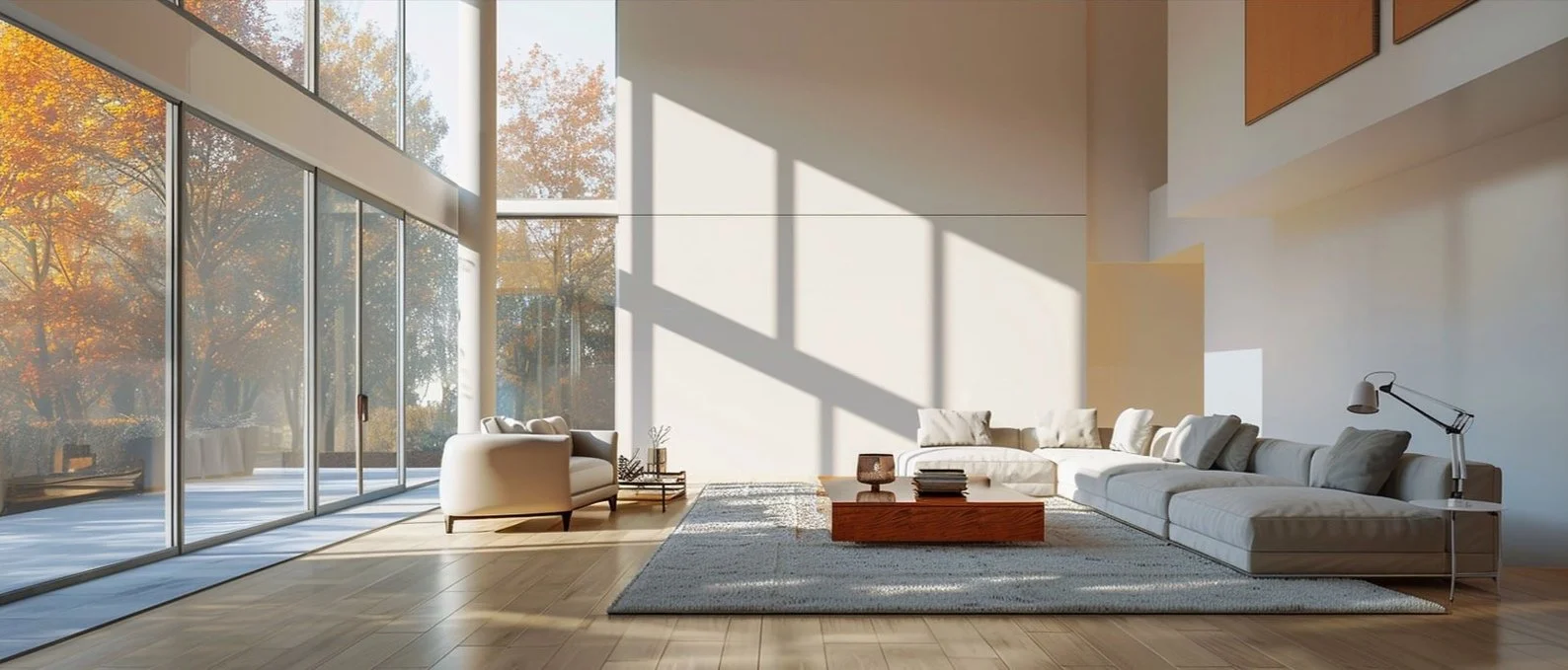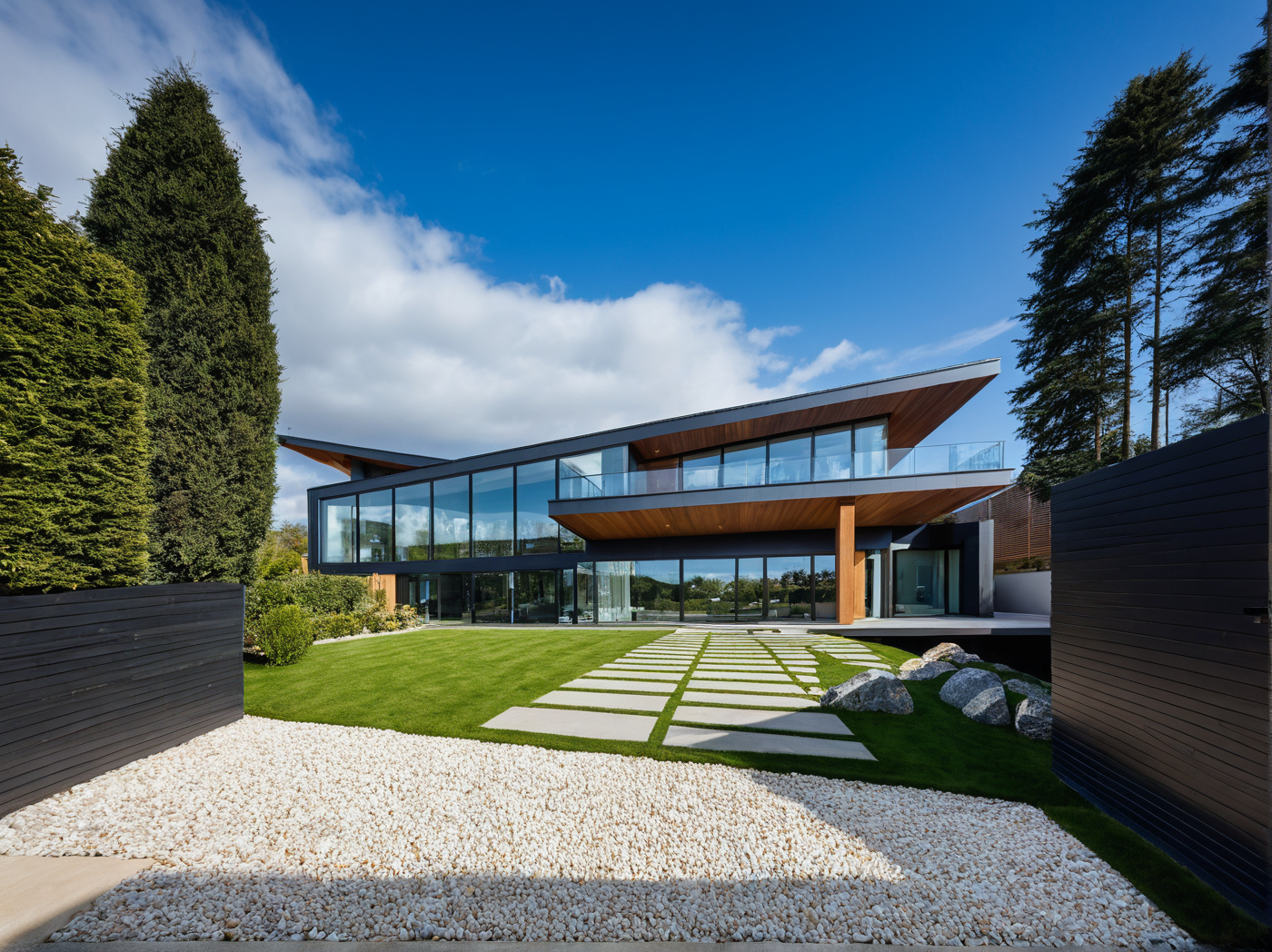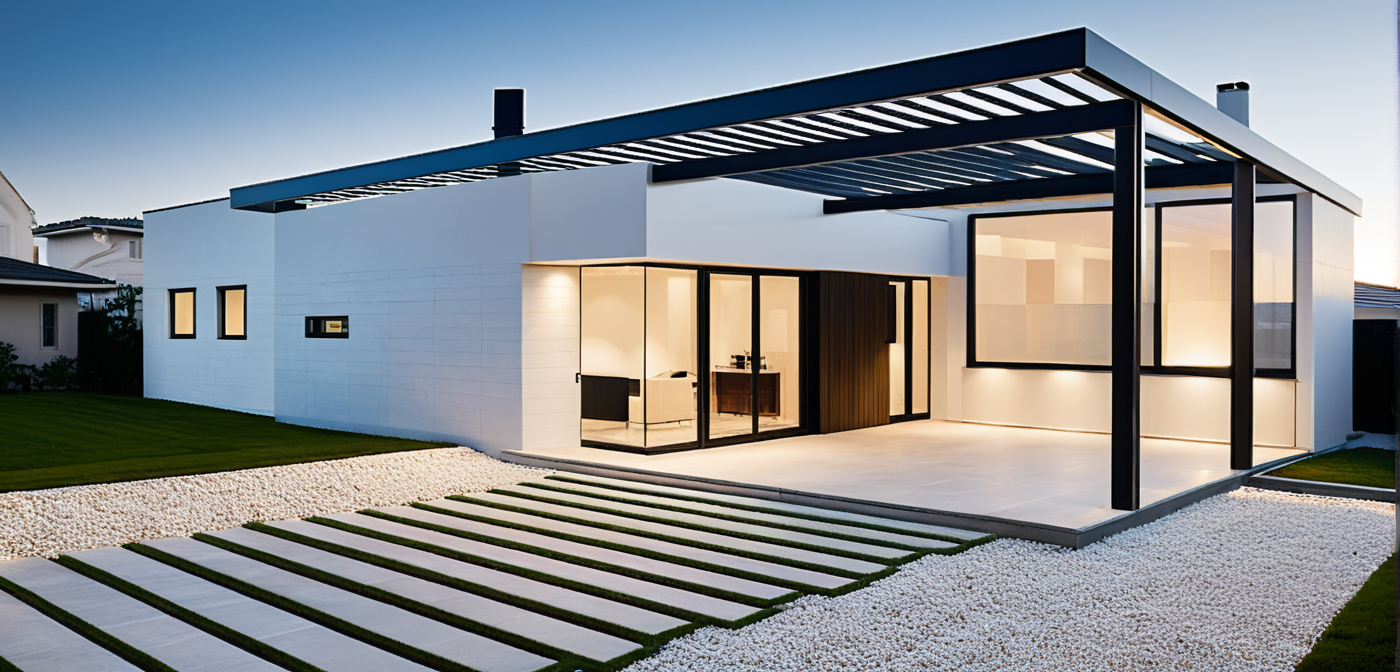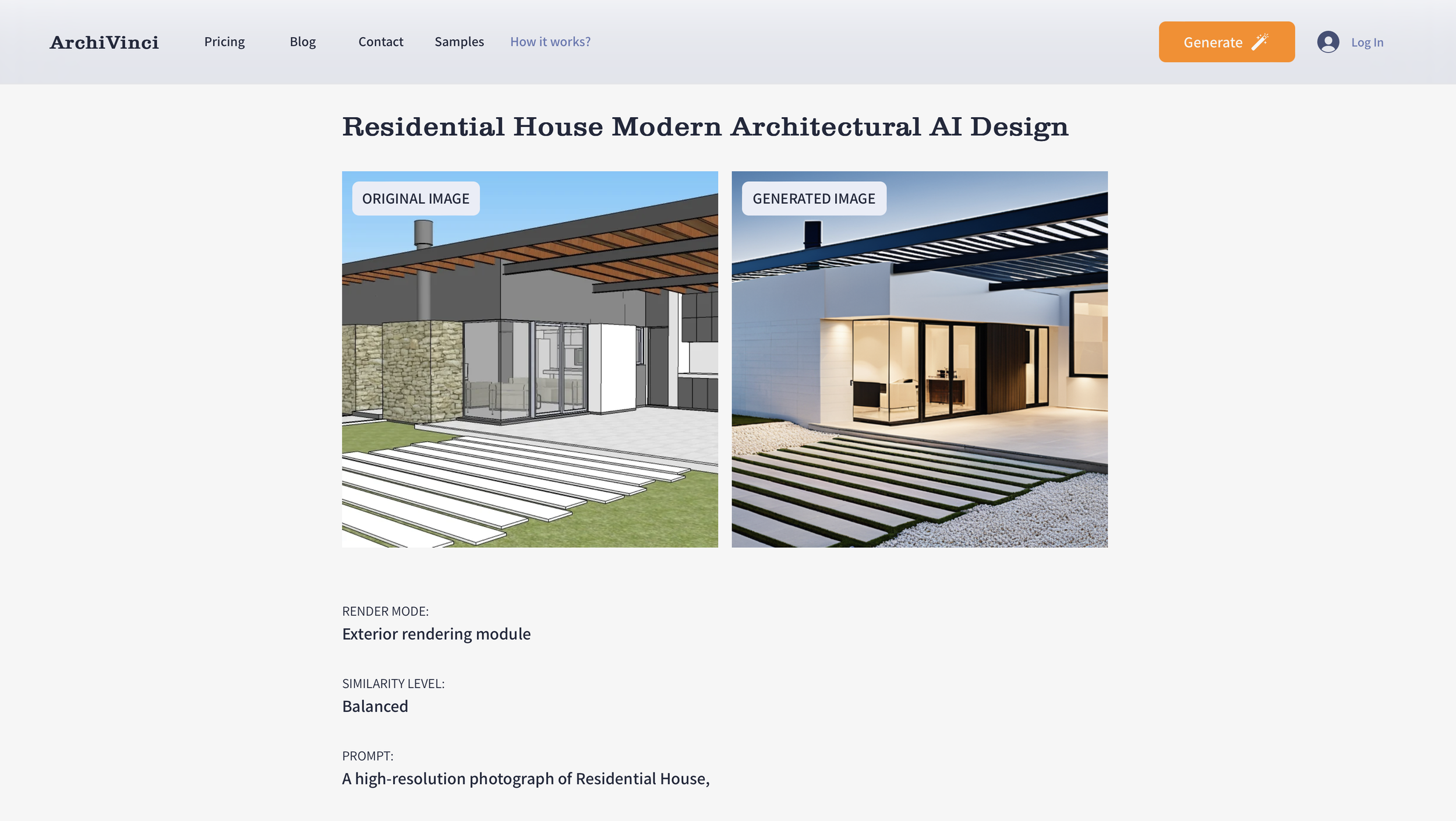 Image 1 of 10
Image 1 of 10

 Image 2 of 10
Image 2 of 10

 Image 3 of 10
Image 3 of 10

 Image 4 of 10
Image 4 of 10

 Image 5 of 10
Image 5 of 10

 Image 6 of 10
Image 6 of 10

 Image 7 of 10
Image 7 of 10

 Image 8 of 10
Image 8 of 10

 Image 9 of 10
Image 9 of 10

 Image 10 of 10
Image 10 of 10











qbiq can visualise and optimise real estate for community and environmental benefit
qbiq is an AI-powered real estate planning and visualisation platform founded in 2019. The company aims to revolutionise the architectural design process by using generative AI to create optimised layout plans and 3D virtual tours in a matter of hours. qbiq's primary users include real estate brokers, landlords, architects, and developers seeking to streamline the space planning and visualisation process.
Location
Headquarters: Tel Aviv, Israel, with offices in New York and Miami
Operations: Global reach with users across multiple countries
Strategic Reach: Cloud-based platform accessible worldwide
The Circular Vision
Design Principles: Promotes efficient use of space by enabling rapid design iterations and reducing the need for physical models.
Resource Optimization: AI-driven tools optimise building layouts, potentially minimising material waste and energy consumption.
Life Cycle Considerations: Facilitates early-stage design optimization, potentially reducing waste in later stages of development.
Leveraging for Good: Users can leverage qbiq to design spaces that maximise resource efficiency and reduce vacancy rates.
Pioneering Solutions
Key Features: AI-powered layout generation, 3D virtual tours, real-time optimization, and compliance with building codes.
Unique Value Proposition: qbiq significantly reduces the time required to create tailored floor plans from weeks to less than 24 hours, enabling faster decision-making and deal closure.
The Regenerative Future
Ecosystem Support: Supports sustainable real estate development by enabling rapid exploration of design options that optimise space utilisation.
Future Development: Continuous enhancement of AI algorithms to further improve layout efficiency and sustainability metrics.
Creative Empowerment: Empowers users to focus on creative and strategic aspects by automating technical tasks.
Ethical Considerations
Data Usage: Ensures data privacy and security for sensitive real estate information.
Bias Mitigation: Implements measures to prevent or address algorithmic bias in layout generation.
Transparency: Provides clear, data-driven insights and recommendations for optimization.
Guardrails: Ensures compliance with building codes and standards while optimising for performance.
Challenges: Potential over-reliance on AI-generated designs, possibly limiting human creativity if not properly balanced.
Fact Sheet
Availability: Globally accessible cloud-based platform
RIBA Stages: Most useful in stages 2-4 (Concept Design, Developed Design, Technical Design)
Circular Potential: 5/5
Key Integrations: Compatible with various CAD and BIM software
Cost Structure: Subscription-based model (specific pricing not provided)
Carbon Impact: Potential for reducing carbon footprint through efficient space utilisation and reduced vacancy rates
Key Takeaway
qbiq is at the forefront of integrating AI in real estate planning and visualisation, offering a platform that dramatically reduces design time while optimising for efficiency and sustainability. It has the potential to transform the real estate development process, enabling rapid iteration and exploration of sustainable design options.
Explore Further
qbiq is an AI-powered real estate planning and visualisation platform founded in 2019. The company aims to revolutionise the architectural design process by using generative AI to create optimised layout plans and 3D virtual tours in a matter of hours. qbiq's primary users include real estate brokers, landlords, architects, and developers seeking to streamline the space planning and visualisation process.
Location
Headquarters: Tel Aviv, Israel, with offices in New York and Miami
Operations: Global reach with users across multiple countries
Strategic Reach: Cloud-based platform accessible worldwide
The Circular Vision
Design Principles: Promotes efficient use of space by enabling rapid design iterations and reducing the need for physical models.
Resource Optimization: AI-driven tools optimise building layouts, potentially minimising material waste and energy consumption.
Life Cycle Considerations: Facilitates early-stage design optimization, potentially reducing waste in later stages of development.
Leveraging for Good: Users can leverage qbiq to design spaces that maximise resource efficiency and reduce vacancy rates.
Pioneering Solutions
Key Features: AI-powered layout generation, 3D virtual tours, real-time optimization, and compliance with building codes.
Unique Value Proposition: qbiq significantly reduces the time required to create tailored floor plans from weeks to less than 24 hours, enabling faster decision-making and deal closure.
The Regenerative Future
Ecosystem Support: Supports sustainable real estate development by enabling rapid exploration of design options that optimise space utilisation.
Future Development: Continuous enhancement of AI algorithms to further improve layout efficiency and sustainability metrics.
Creative Empowerment: Empowers users to focus on creative and strategic aspects by automating technical tasks.
Ethical Considerations
Data Usage: Ensures data privacy and security for sensitive real estate information.
Bias Mitigation: Implements measures to prevent or address algorithmic bias in layout generation.
Transparency: Provides clear, data-driven insights and recommendations for optimization.
Guardrails: Ensures compliance with building codes and standards while optimising for performance.
Challenges: Potential over-reliance on AI-generated designs, possibly limiting human creativity if not properly balanced.
Fact Sheet
Availability: Globally accessible cloud-based platform
RIBA Stages: Most useful in stages 2-4 (Concept Design, Developed Design, Technical Design)
Circular Potential: 5/5
Key Integrations: Compatible with various CAD and BIM software
Cost Structure: Subscription-based model (specific pricing not provided)
Carbon Impact: Potential for reducing carbon footprint through efficient space utilisation and reduced vacancy rates
Key Takeaway
qbiq is at the forefront of integrating AI in real estate planning and visualisation, offering a platform that dramatically reduces design time while optimising for efficiency and sustainability. It has the potential to transform the real estate development process, enabling rapid iteration and exploration of sustainable design options.
Explore Further
